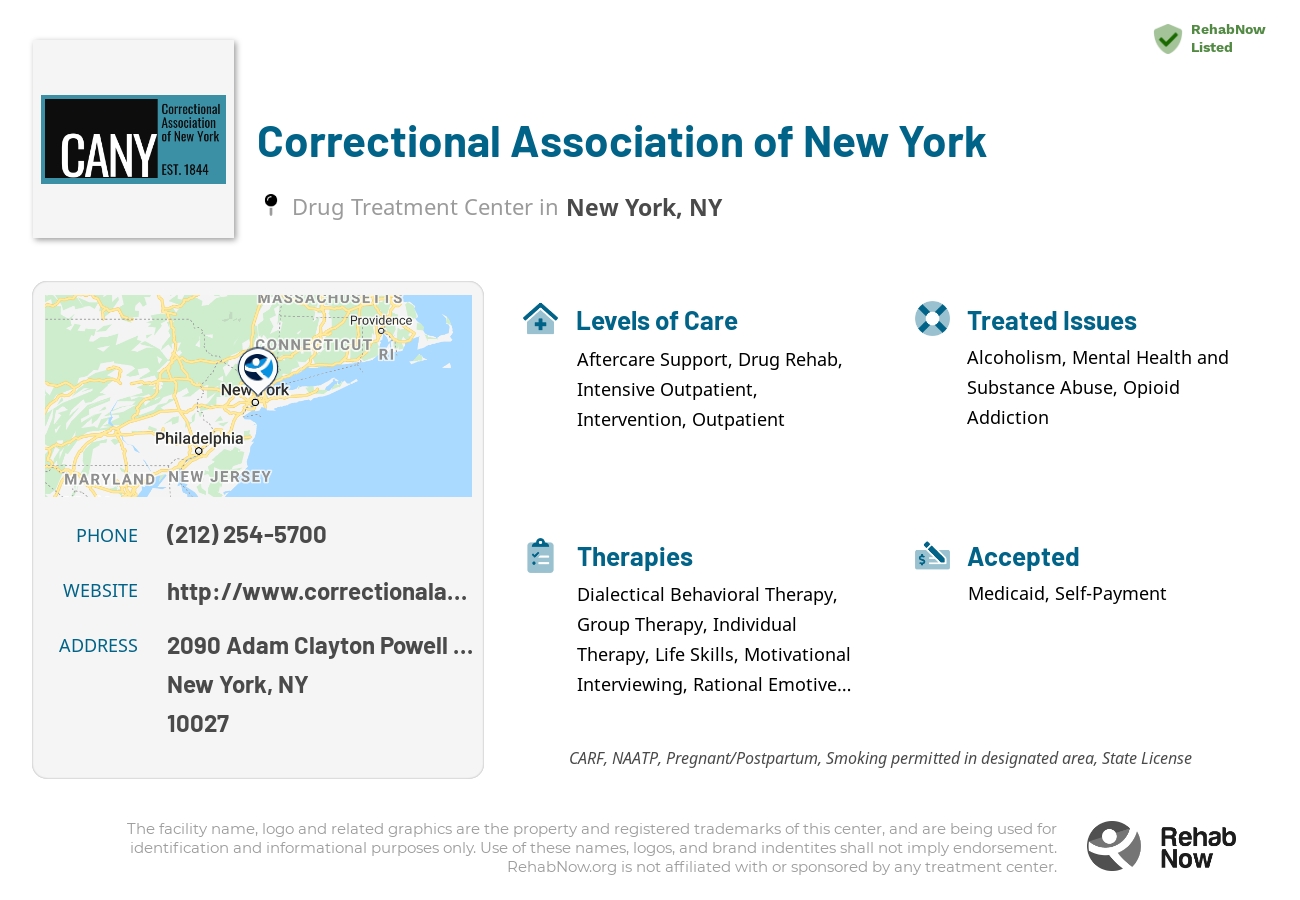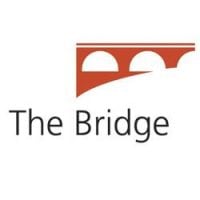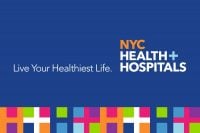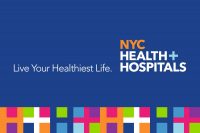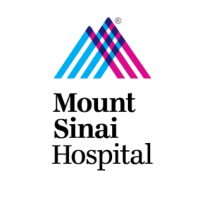
Correctional Association of New York
Drug Rehab Center in New York, New York
- Opioid Addiction
- Dual Diagnosis
- Drug Addiction
- Alcoholism
The Correctional Association of New York offers evidence-based treatment services, including aftercare and relapse prevention programs, for individuals with substance use issues using a variety of approaches and therapies.
About This New York Facility
The Correctional Association of New York (CANY) offers a variety of treatment services for individuals in the New York area who are struggling with substance use issues, such as alcoholism, opioid addiction, and dual diagnosis. Founded in 1844, they have a long history of providing compassionate and effective care to those in need.
At CANY, they offer a broad range of services, including aftercare support, drug rehab, intensive outpatient treatment, intervention, and outpatient treatment. Using a variety of evidence-based approaches and therapies, such as dialectical behavioral therapy (DBT), group therapy, individual therapy, life skills, motivational interviewing, and cognitive-behavioral treatment (CBT), their team of specially trained staff are equipped to provide the best possible care. They also strive to support their clients through the entire treatment process. CANY understands the importance of providing support and stability during and after treatment, which is why they offer a variety of aftercare and relapse prevention programs to ensure the best possible outcome for their clients.
Genders
Ages
Modality
Additional
Conditions and Issues Treated
Opioid addiction is known as a high-risk factor for future heroin addiction. Opioid withdrawal can be extremely uncomfortable and lead the user to continue to use. It is recommended to receive inpatient treatment and a medically supervised detox, Correctional Association of New York in New York, NY offers treatment for opioids.
Levels of Care Offered at Correctional Association of New York
This center offers a variety of custom treatment tailored to individual recovery. Currently available are Aftercare Support, Drug Rehab, Intensive Outpatient, Intervention, Outpatient, with additional therapies available as listed below.
Intensive outpatient programs (IOP) comprise regular visits to the New York facility that provides the therapy. IOP is suitable for patients who have been treated in residential treatment programs. Correctional Association of New York‘s patients gradually get back to their routine life.
In outpatient programs at Correctional Association of New York, the New York resident can live with their family while continuing with their job or studies. Treatment includes educating the patient on drug abuse, medications, and counseling sessions at the individual or group level.
Not everyone who struggles with addiction in New York is ready to go into a treatment program. For these individuals, intervention services may help. Friends and family of the individual can call and set up an intervention. We have a professional come and lead the discussion.
Treatment is just the first step to maintaining sobriety. After treatment, aftercare support at Correctional Association of New York helps the individual adjust to a life without substances. This support may involve a sober living home in or near New York, NY, career counseling, or educational assistance. This is when a relapse prevention plan begins to take shape.
Therapies & Programs
Individual therapy involves one on one sessions between the patient and the therapist at Correctional Association of New York. Individual therapy provides patients with a safe environment where they can openly discuss their problems with the therapist. The patients find the therapist as a person who they can trust. It helps them to open up and discuss personal and sensitive issues, which they may not be comfortable discussing in a group setting.
Individual therapy aims to identify the core issues that would have led the patient to substance abuse and address the root cause effectively. The therapist can develop patient-specific customized solutions through individual therapy, which aids speedier recovery.
Trauma is one of the most common causes of psychological disorders. It’s often found in people with addiction diagnoses. Trauma therapy addresses this by examining the emotions and thoughts people have formed due to past traumas. Traumas are complex but trauma therapy can reduce their ability to contribute to addictive behaviors.
Dialectical Behavioral Therapy is a form of Cognitive Behavioral Therapy. It is designed for those who are prone to self-harm and suicidal behaviors. Correctional Association of New York aims to help patients understand the relationship between their thoughts, feeling and behaviors and it gives them the tools to make a change. It is effective for those whose addictions and behaviors stem from extreme mental health issues.
Self-defeating thoughts and habits can limit your possible successes. Some examples of this are procrastination, unhealthy eating and angry outbursts. REBT is a method of specific counseling offered by Correctional Association of New York that replaces negative and self-limiting thoughts.
Rehabilitation is not just limited to bringing an individual out of addiction and achieving sobriety. It is considered complete only when an individual starts leading a normal and balanced life. Life skill therapy focuses on the various skills that helps an individual to lead a normal life. Patients often do not take care of themselves, struggle professionally and withdraw from social interaction due to the physical and emotional disturbances caused by addiction.
Life skills therapy helps them to improve various personal, professional and social skills such as cooking healthy meals, maintaining proper hygiene, budgeting, decision making, time management, regulation of emotions and resolving the interpersonal conflicts effectively.
Payment Options Accepted
For specific insurance or payment methods please contact us.
Additional Details
Specifics, location, and helpful extra information.
New York, New York 10027 Phone Number(212) 254-5700 Meta DetailsUpdated November 25, 2023
Staff Verified
Patient Reviews
There are no reviews yet. Be the first one to write one.
New York, New York Addiction Information
More than 2 million New Yorkers are currently suffering from some type of substance abuse and many of those are minors. Alcohol abuse, in particular, is prevalent among those underage. As a result of the high prices and regulation of prescription drugs, many New Yorkers turn to heroin instead. This has led to a serious heroin epidemic in the state.
According to recent statistics, over 280,000 people in the state struggle with drug addiction. This accounts for approximately 8% of the population. In 2011, there were 1,532 deaths related to cocaine overdose in New York City. Currently, in New York City, there are over 3,000 people addicted to heroin and 1,700 addicted to cocaine. Most treatment plans offered in the area will involve some combination of detoxification, counseling, and medication.
Treatment in Nearby Cities
- Rome, NY (183.4 mi.)
- Salamanca, NY (264.0 mi.)
- South Ozone Park, NY (11.6 mi.)
- Norwood, NY (277.8 mi.)
- Yaphank, NY (54.0 mi.)
Centers near Correctional Association of New York

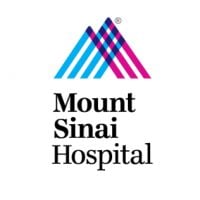
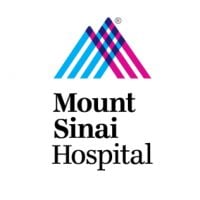
The facility name, logo and brand are the property and registered trademarks of Correctional Association of New York, and are being used for identification and informational purposes only. Use of these names, logos and brands shall not imply endorsement. RehabNow.org is not affiliated with or sponsored by Correctional Association of New York.

